State College Mayor Elizabeth Goreham on homeowners, ‘Hunger Games’ and the Loo
-

-
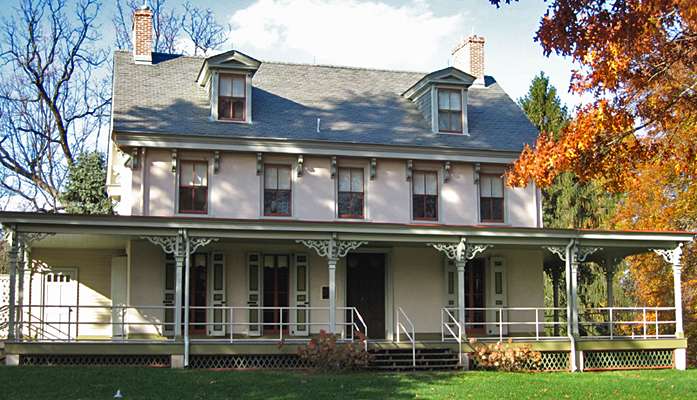
-
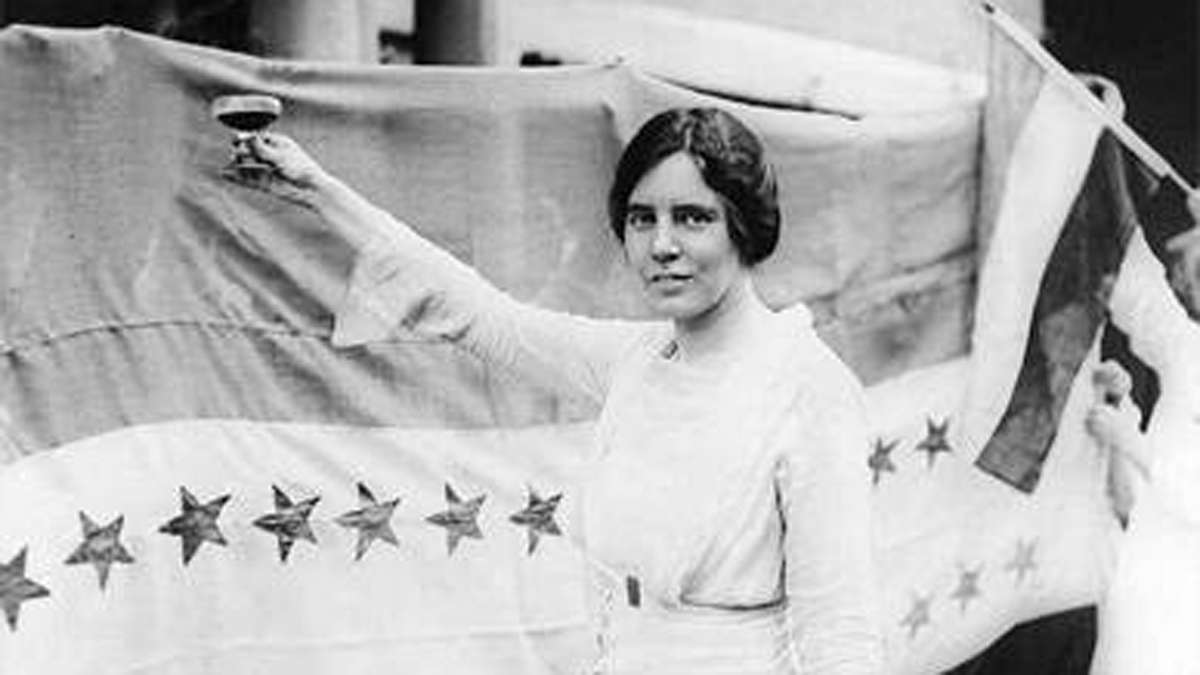
-

-
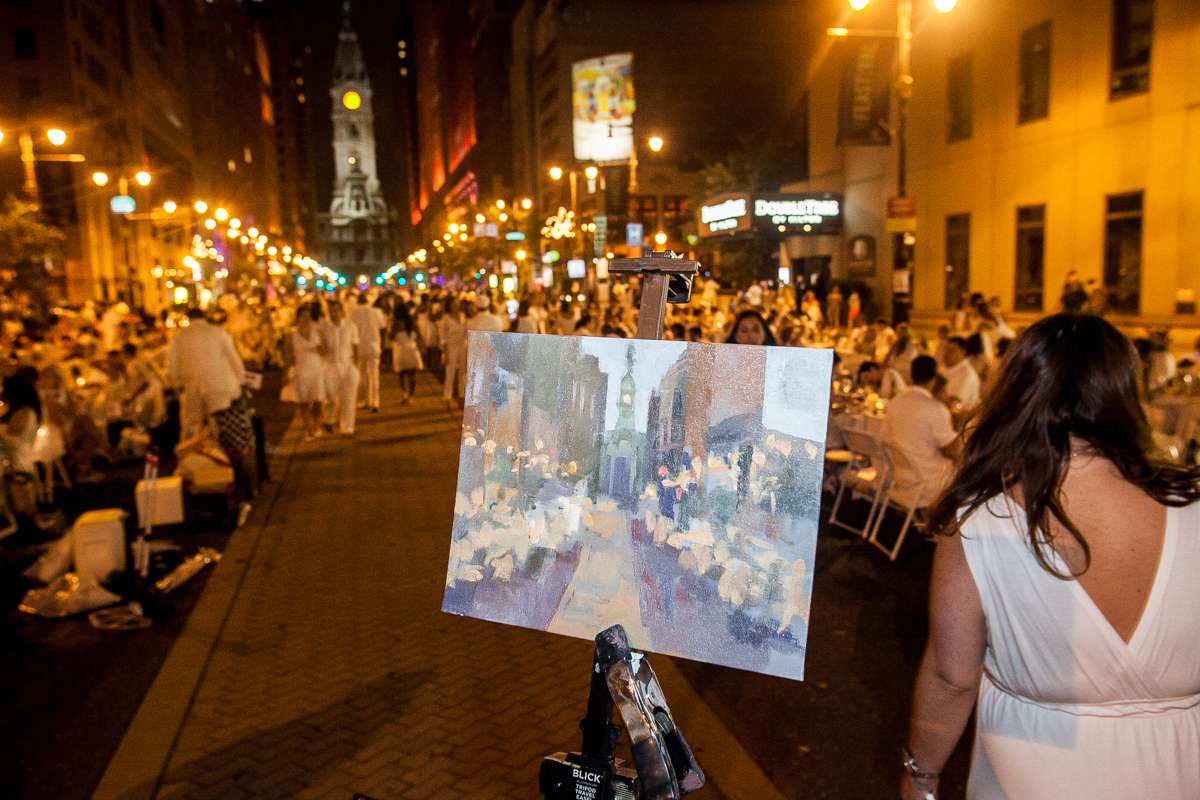
-

-

-

-

-

-

-

-

-
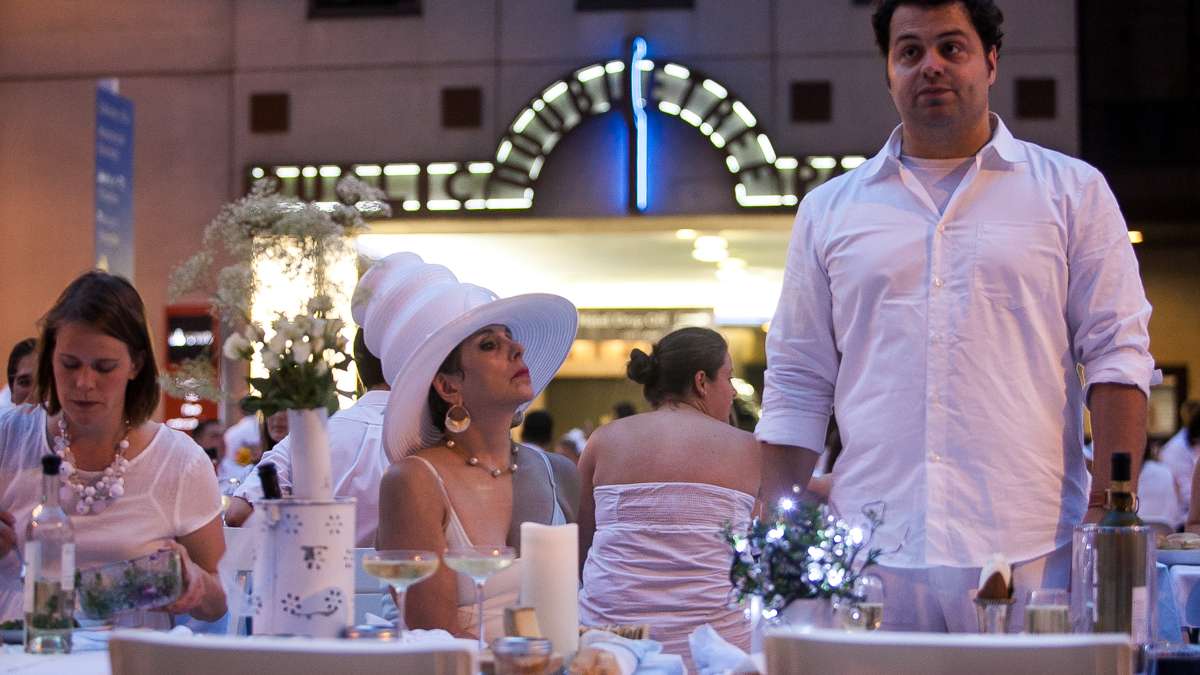
-
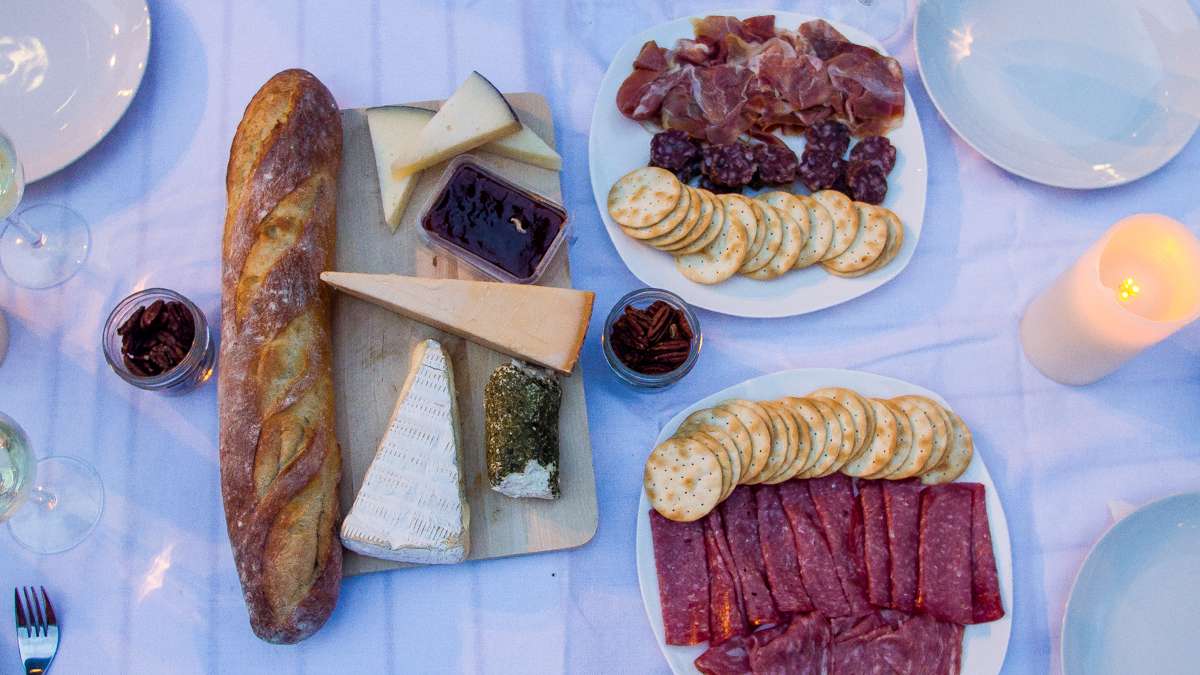
A baguette, cheeses and chacuterie sits on a table at Dîner en Blanc. (Brad Larrison/for NewsWorks)
-

-

-

-

-

-

-

-

-

-

-
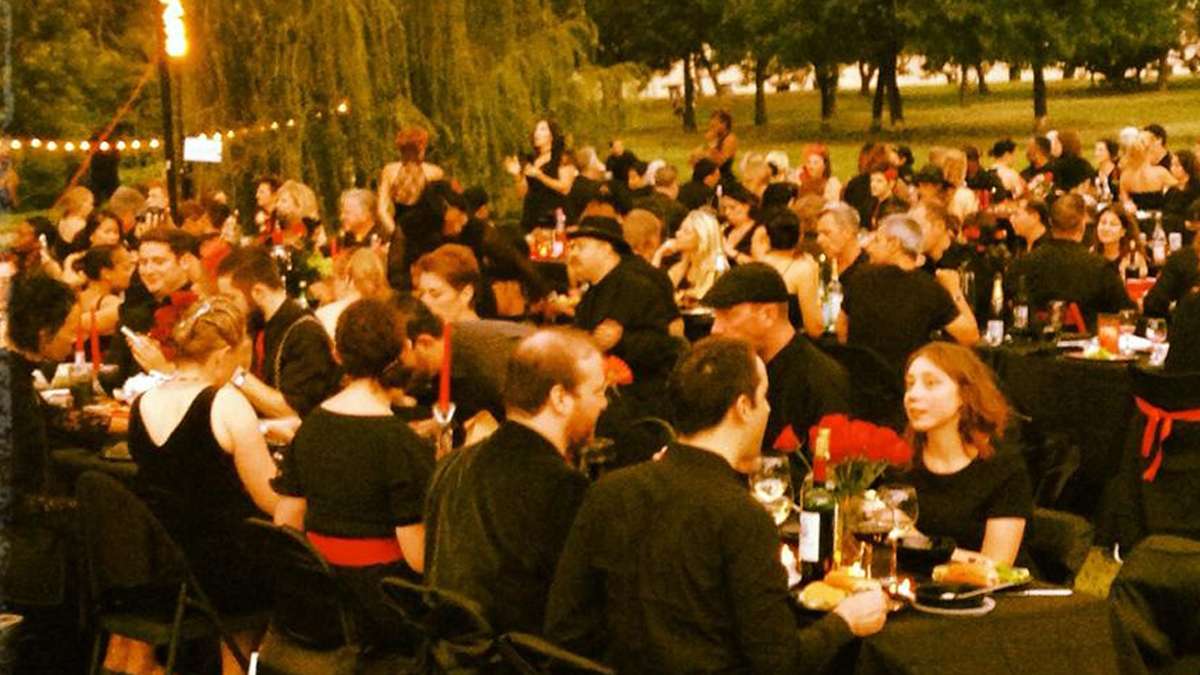
“Five Questions with…” is a regular Keystone Crossroads feature where we seek to glean wisdom and ideas from some of Pennsylvania’s top urban thinkers and doers. Elizabeth Goreham is the mayor of State College.
Q: Tell us about an amenity or service that you’ve seen in your travels to other places that you wish you could bring back to your city/community?
A: The way that cities in Europe and a growing number of cities in the U.S. make sustainability, public amenities and green infrastructure the central organizing principles of their community. They invest heavily in bike paths, bike routes, pedestrian walkways, parks, public transit, public gathering places – with and without restaurants on the periphery; and educational outreach to residents – sometimes with incentives!
Encouraging creative and welcoming sustainability is key. The High Line Park in New York City is built on an historic elevated freight line with benches, meadows, walkways, restaurants, etc. The outrageously popular Portland Loo provides a free, public toilet and a needed service and is ingeniously built to resist graffiti, vandalism and ‘lingerers.’ Chicago’s Sustainable Backyards Program offers education and equipment to create vegetable or native plant gardens in low income areas; etc.
Q: What’s one urban improvement idea that you could categorize as “nice try but didn’t work”?
A: Having recycling bins along College Avenue that are old, tired, and don’t function properly. They send the message that we don’t really care. To demonstrate our support of recycling, we need new, comprehensive and attractive recycling containers!
Q: Describe a person in your community who is a “spark” — someone who seems to get things done and inspire people. (This does not need to be an elected official.)
A: Peg Hambrick, a resident of the Highlands neighborhood of State College (where homeowners are in the minority), has created a bridge to fraternities through her “Neighbor to Neighbor” program. Through the program, a homeowner couple/family ‘adopt’ a fraternity – providing and gaining insights, information and occasional social interaction. This year more than 20 homeowners are participating.
She also has been instrumental in promoting home ownership – especially for working families – throughout our town, through the State College Community Land Trust.
Peg is indeed a spark; she makes the time to attend important meetings, she is well respected by all sides of a discussion, she works well with others, follows through and supports her community.
Q: What flaw or habit does your city/community have that you would like to see change?A: More deliberately and openly encourage Penn State students to build their lives and careers here after they graduate, with special attention to international students and students of color. (The Knight Foundation’s Soul of the Community report identifies 20-30 year olds as being a group that feels ‘unwanted’!) State College must create amenities and infrastructure downtown (new companies; housing; good restaurants; entertainment) to attract young professionals, PSU faculty and staff and to encourage diversity and a more international population.
Q: Tell us about a movie or book that depicts, in a way that grabbed your attention, how a city can thrive or fail.
A: “The Hunger Games” and how it dissed youth when youth is, in fact, the future!
Is there someone you know who thinks hard about cities and knows how to get things done? Someone whom Keystone Crossroads should spend “Five Questions with …” Please let us know in the comment sections below or via Facebook or Twitter @Pacrossroads.
WHYY is your source for fact-based, in-depth journalism and information. As a nonprofit organization, we rely on financial support from readers like you. Please give today.


